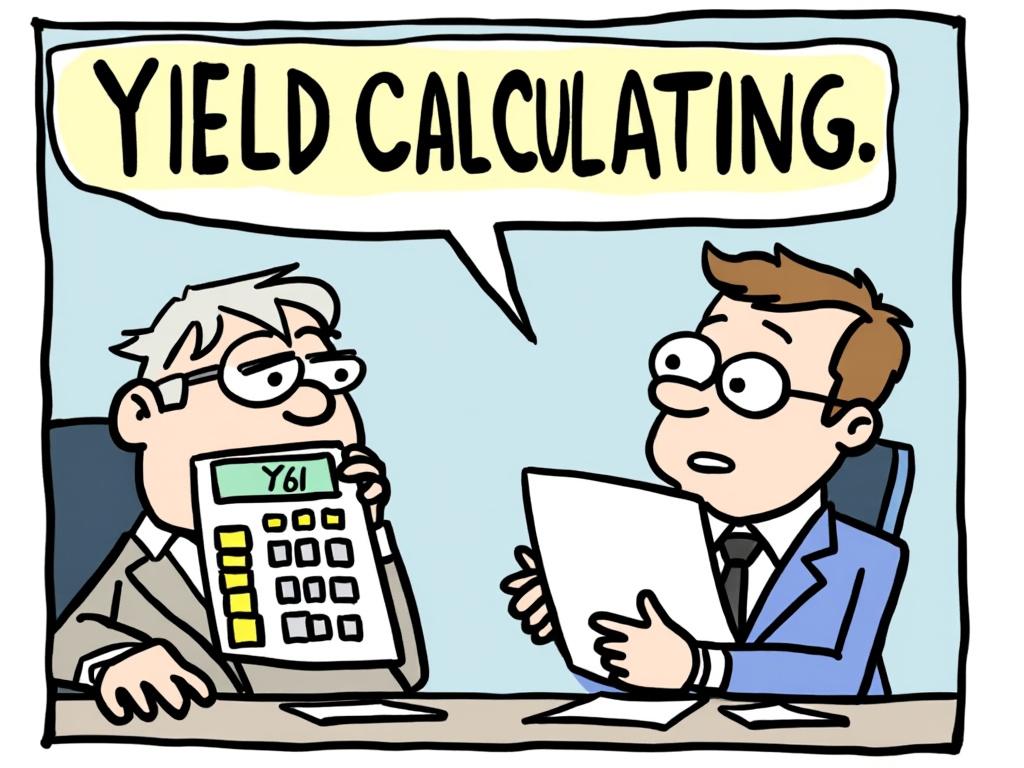
Rental Yields in Greece: Best Cities for Property Investment in 2025
Reading time: 8 minutes
Table of Contents
- Greece’s Real Estate Investment Landscape
- Top Cities for Rental Yields in 2025
- Yield Analysis by Location
- Strategic Investment Approaches
- Overcoming Common Investment Challenges
- Your Investment Roadmap for 2025
- Frequently Asked Questions
Greece’s Real Estate Investment Landscape
Feeling overwhelmed by Greece’s property investment potential? You’re not alone. After years of economic recovery, Greece has emerged as one of Europe’s most attractive real estate markets, offering yields that make seasoned investors take notice.
Here’s the straight talk: Greek rental yields now consistently outperform major European capitals, with some cities delivering returns that would make London or Paris investors envious. While Athens apartments average 6-8% gross yields, smaller cities are pushing double digits.
The transformation has been remarkable. Consider Maria, a German investor who purchased a renovated apartment in Thessaloniki in 2023 for €85,000. Today, she’s earning €650 monthly rent—translating to a solid 9.2% gross yield. Her secret? Understanding which cities offer the sweet spot between affordability and rental demand.
Market Fundamentals Driving Growth
Three key factors are reshaping Greece’s rental market:
- Tourism Recovery: International arrivals exceeded 2019 levels by 15% in 2024
- Digital Nomad Influx: Remote workers seeking affordable Mediterranean lifestyle
- University Town Demand: Growing student populations in major academic centers
The buying real estate in greece process has also streamlined significantly, with new digital platforms reducing transaction times from months to weeks.
Top Cities for Rental Yields in 2025
Athens: The Capital Opportunity
Athens remains the crown jewel for rental yields, particularly in emerging neighborhoods like Exarchia and Koukaki. Average gross yields range from 6.5% to 8.5%, with prime locations near metro stations commanding premium rents.
Quick Scenario: Imagine you’re targeting young professionals and digital nomads. A two-bedroom apartment in Koukaki, purchased for €120,000, can generate €800-900 monthly rent. The neighborhood’s proximity to the Acropolis Museum and excellent transport links make it irresistible to tenants.
Athens Yield Comparison by District
8.5%
8.0%
6.5%
5.5%
Thessaloniki: Northern Greece’s Hidden Gem
Greece’s second city offers exceptional value with yields reaching 9-11% in student-friendly areas. The presence of major universities creates consistent rental demand, while lower property prices amplify returns.
Take the case of investment firm Hellenic Properties, which focused on Thessaloniki’s Kamara district. Their portfolio of student apartments, averaging €65,000 purchase price, generates monthly rents of €450-550, delivering consistent 9.5% yields.
Yield Analysis by Location
| City | Avg. Property Price | Monthly Rent | Gross Yield | Investment Grade |
|---|---|---|---|---|
| Athens (Koukaki) | €120,000 | €850 | 8.5% | A+ |
| Thessaloniki | €65,000 | €500 | 9.2% | A+ |
| Patras | €55,000 | €420 | 9.1% | A |
| Heraklion | €90,000 | €600 | 8.0% | B+ |
| Rhodes Town | €110,000 | €700 | 7.6% | B+ |
University Towns: Consistent Cash Flow
Patras and Ioannina represent exceptional opportunities for investors targeting student accommodation. These cities combine affordable property prices with strong rental demand from university populations.
Pro Tip: The right preparation isn’t just about avoiding problems—it’s about creating scalable, resilient rental portfolios. Focus on properties within walking distance of major universities for maximum occupancy rates.
Strategic Investment Approaches
The Renovation Play
Many successful investors are targeting older properties in prime locations, adding 2-3% to their yields through strategic renovations. A €15,000 renovation budget can often increase monthly rents by €150-200.
Consider Andreas, a local investor who purchased a 1960s apartment in Athens’ Pagkrati district for €75,000. After a €12,000 renovation focusing on modern amenities and energy efficiency, he increased the rental from €450 to €650 monthly—boosting his yield from 7.2% to 10.4%.
Short-Term vs. Long-Term Rental Strategy
The choice between Airbnb and traditional rentals significantly impacts returns:
- Short-term rentals: Higher gross yields (10-15%) but increased management complexity
- Long-term rentals: Stable 7-9% yields with minimal management overhead
- Hybrid approach: Seasonal flexibility maximizing both strategies
Overcoming Common Investment Challenges
Challenge 1: Property Management from Abroad
The Problem: International investors struggle with day-to-day property management, especially for short-term rentals.
The Solution: Partner with local property management companies charging 8-12% of rental income. Companies like Athens Property Management or Thessaloniki Rentals handle everything from tenant screening to maintenance, preserving your net yields while eliminating headaches.
Challenge 2: Navigating Greek Bureaucracy
The Problem: Property transactions and tax compliance can seem daunting for foreign investors.
The Solution: Engage a local tax advisor early in the process. The €500-800 annual cost pays for itself through proper tax optimization and compliance. Many investors save 2-3% annually through proper depreciation claims and expense deductions.
Challenge 3: Currency and Economic Risk
The Problem: Euro fluctuations and Greek economic stability concerns some investors.
The Solution: Diversify across multiple properties and consider natural hedging if your rental income matches your currency exposure. Greece’s EU membership and improved economic indicators have significantly reduced these risks since 2020.
Well, here’s the straight talk: Successful property investment isn’t about perfection—it’s about strategic risk management and local market understanding.
Your Investment Roadmap for 2025
Ready to transform Greek property opportunities into profitable reality? Here’s your practical action plan:
Phase 1: Market Research & Target Selection (Weeks 1-4)
- Identify your investment profile: Student housing, professional rentals, or tourist accommodation
- Select 2-3 target cities based on your yield requirements and risk tolerance
- Connect with local real estate agents who specialize in investment properties
- Establish relationships with property managers in your target locations
Phase 2: Financial Preparation & Legal Setup (Weeks 5-8)
- Secure financing or liquid capital for your target investment range
- Engage a Greek tax advisor to optimize your investment structure
- Open a Greek bank account to facilitate transactions and rental income
- Research renovation contractors if targeting fixer-upper properties
Phase 3: Property Acquisition & Setup (Weeks 9-16)
- Schedule property viewings in your target locations
- Conduct thorough due diligence on legal status and potential issues
- Negotiate purchase terms with contingencies for property condition
- Complete renovations and furnishing to maximize rental appeal
- Launch marketing campaigns for your first tenants
The Greek property market rewards prepared investors who understand local dynamics and act decisively. Your success won’t come from timing the market perfectly—it’ll come from consistent execution of proven strategies.
Are you ready to build a rental portfolio that generates consistent European yields while you sleep? The Greek real estate opportunity won’t wait forever, and 2025 could be the year you establish your Mediterranean investment foundation.
Frequently Asked Questions
What are the typical additional costs when buying Greek investment property?
Expect 8-12% in additional costs including transfer tax (3%), legal fees (1-2%), notary fees (1%), and real estate agent commission (2-4%). Budget an extra €8,000-12,000 on a €100,000 property purchase. Many investors overlook ongoing costs like property tax (0.1-0.7% annually) and insurance (€200-400 yearly).
How do Greek rental yields compare to other European markets?
Greek yields significantly outperform most European capitals. While London averages 3-4% and Paris 2-3%, Greek cities consistently deliver 6-10% gross yields. Only some Eastern European markets offer comparable returns, but Greece provides superior political stability and EU membership benefits for long-term investment security.
Can foreign investors easily obtain mortgages for Greek properties?
Greek banks typically offer mortgages to EU residents with 30-40% down payments at 3-5% interest rates. Non-EU investors face stricter requirements and may need 50% down payments. Many successful investors use cash purchases to avoid complications and negotiate better property prices, then refinance later if needed.

Article reviewed by Isabella Fontaine, Alpine Luxury Properties | Discreet High-Altitude Investments, on June 6, 2025
